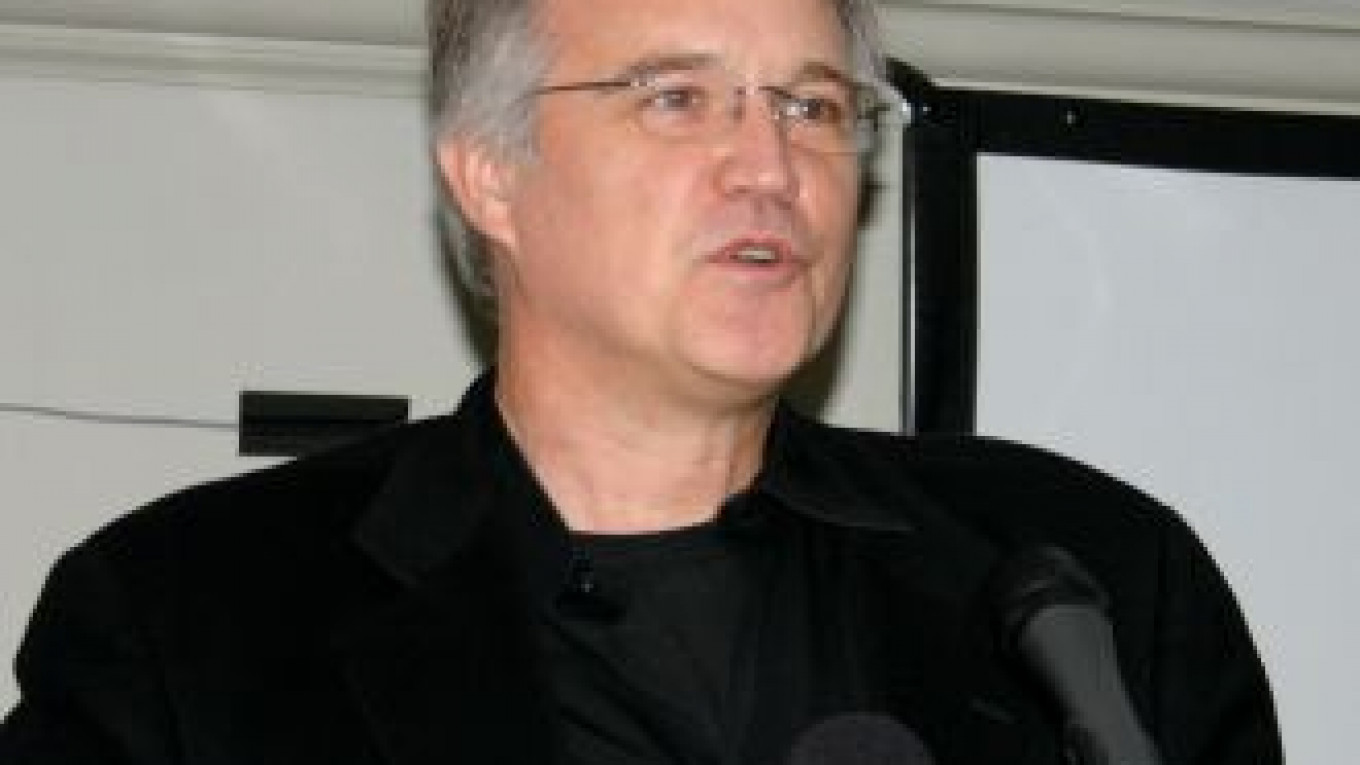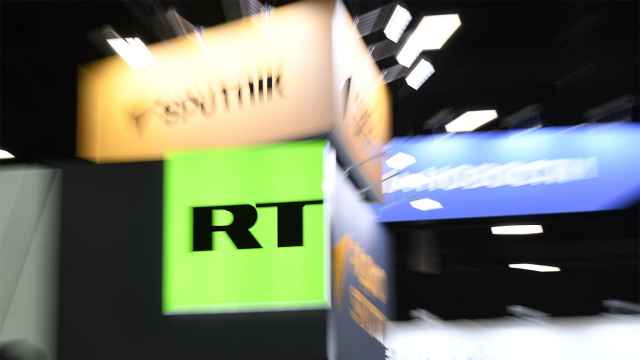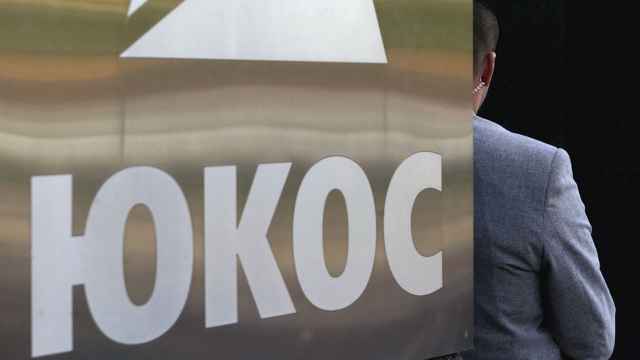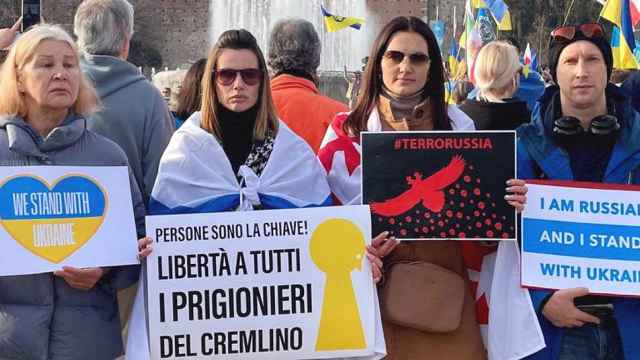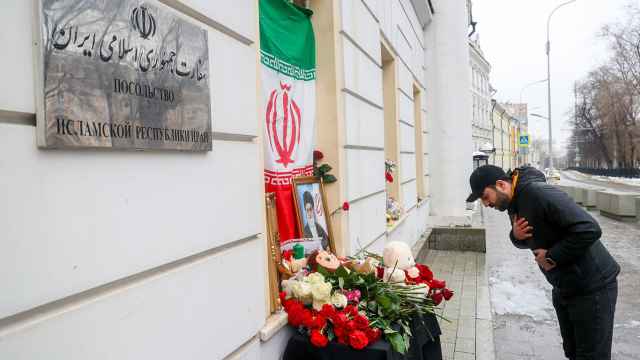China and Russia are natural business partners, but China has a head start in developing its economy after investing more in education over the past two decades than Russia, said the new director of the London School of Economics.
"China made early and major investments in education. Russia was extremely slow to recognize how investments in education could pay off for diversifying the economy as well as simply advancing its citizens," the LSE director, Craig Calhoun, said in an interview.
"Recently, the government has caught up on that to some extent, but it's now way behind," he said, noting that Russian universities rank poorly in international ratings.
Speaking on the sidelines of a reception at the residence of British Ambassador Tim Barrow on Tuesday evening, Calhoun said the Soviet Union's strong education system was largely lost in the general institutional collapse in post-Soviet Russia.
But there is reason to be hopeful that education will again become an engine of growth.
"If Russia invests in education, it has a lot to build on. Like China, Russia has a traditional respect for education. Not recently, but in the past," Calhoun said.
Furthermore, institutions like the International College of Economics and Finance, or ICEF, a college within the Higher School of Economics in Moscow that works closely with the LSE, is preparing future leaders to follow international business practices.
Calhoun, a U.S.-born sociologist and author of "Neither Gods Nor Emperors: Students and the Struggle for Democracy in China," was in Moscow attending the reception and the graduation ceremony for 122 ICEF students that preceded it.
Graduates of the program, founded in 1997, are committed to international business practices, a fact that could turn the tide of rampant corruption in Russia, said Calhoun, who became director of the LSE earlier this month.
"It will be hard for [graduates]," he said. "They will be tempted to take bribes. I think that they have very strong values. I'm impressed by their values, their determination to set new standards. But they will have to work hard at it."
Returning to China, he said that even though the country was much poorer than Russia in 1992, it had a head start in some regards, including a government that had a wider sense of legitimacy and a more decentralized economy.
"China pursued an economic opening that created a variety of opportunities," he said. "The government managed the process by managing credit, not by directly intervening in all manners of operations."
Calhoun described China and Russia as "natural partners" whose cooperation has been hampered by politics.
"Russia has energy resources, rare earths, minerals. It's going to have more with the receding Arctic," he said. "China needs all of those. The suspicions from the past are real. The desire of each to dominate makes it very difficult for them to cooperate as equals."
Related articles:
A Message from The Moscow Times:
Dear readers,
We are facing unprecedented challenges. Russia's Prosecutor General's Office has designated The Moscow Times as an "undesirable" organization, criminalizing our work and putting our staff at risk of prosecution. This follows our earlier unjust labeling as a "foreign agent."
These actions are direct attempts to silence independent journalism in Russia. The authorities claim our work "discredits the decisions of the Russian leadership." We see things differently: we strive to provide accurate, unbiased reporting on Russia.
We, the journalists of The Moscow Times, refuse to be silenced. But to continue our work, we need your help.
Your support, no matter how small, makes a world of difference. If you can, please support us monthly starting from just $2. It's quick to set up, and every contribution makes a significant impact.
By supporting The Moscow Times, you're defending open, independent journalism in the face of repression. Thank you for standing with us.
Remind me later.


